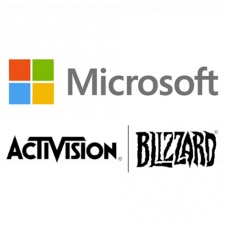Following the FTC’s decision to file a lawsuit in an attempt to block Microsoft’s acquisition of Activision Blizzard, the tech giant has issued a response defending the deal.
The acquisition has come under criticism from both legislators and competitors, who claim that the $69 billion deal will stifle competition, with the Call of Duty franchise in particular cited as a particular cause for concern.
In its response, Microsoft defended the deal, as well as its previous acquisition of Bethesda and Arkane Studios parent company Zenimax Media, as well as its intention to make future titles exclusive to Xbox and PC. The company also stated that the FTC’s approach to investigating the deal violates its Fifth Amendment right to due process, and is therefore unconstitutional.
Mobile remains a priority
Interestingly, Microsoft downplayed its own place in the console world. “The acquisition of a single game by the third-place console manufacturer cannot upend a highly competitive industry,” reads the response. “The fact that Xbox’s dominant competitor has thus far refused to accept Xbox’s proposal does not justify blocking a transaction that will benefit consumers.”
Once again, the company doubled down on its claims that the deal is primarily due to Activision Blizzard’s mobile presence.
“Xbox also has next to no presence in mobile gaming, the fastest-growing segment of gaming and the place where 94 percent of gamers spend their time today. And Xbox and Respondent Activision Blizzard King (“Activision”) are just two of hundreds of game publishers, who compete by providing different types of games on different.”
“Microsoft is buying Activision to try to become more competitive in this expanding global industry. Its vision for the transaction is simple: Xbox wants to grow its presence in mobile gaming, and three quarters of Activision’s gamers and more than a third of its revenues come from mobile offerings.”
Earlier this month, Microsoft Boss Phil Spencer discussed the mobile potential of the deal.





